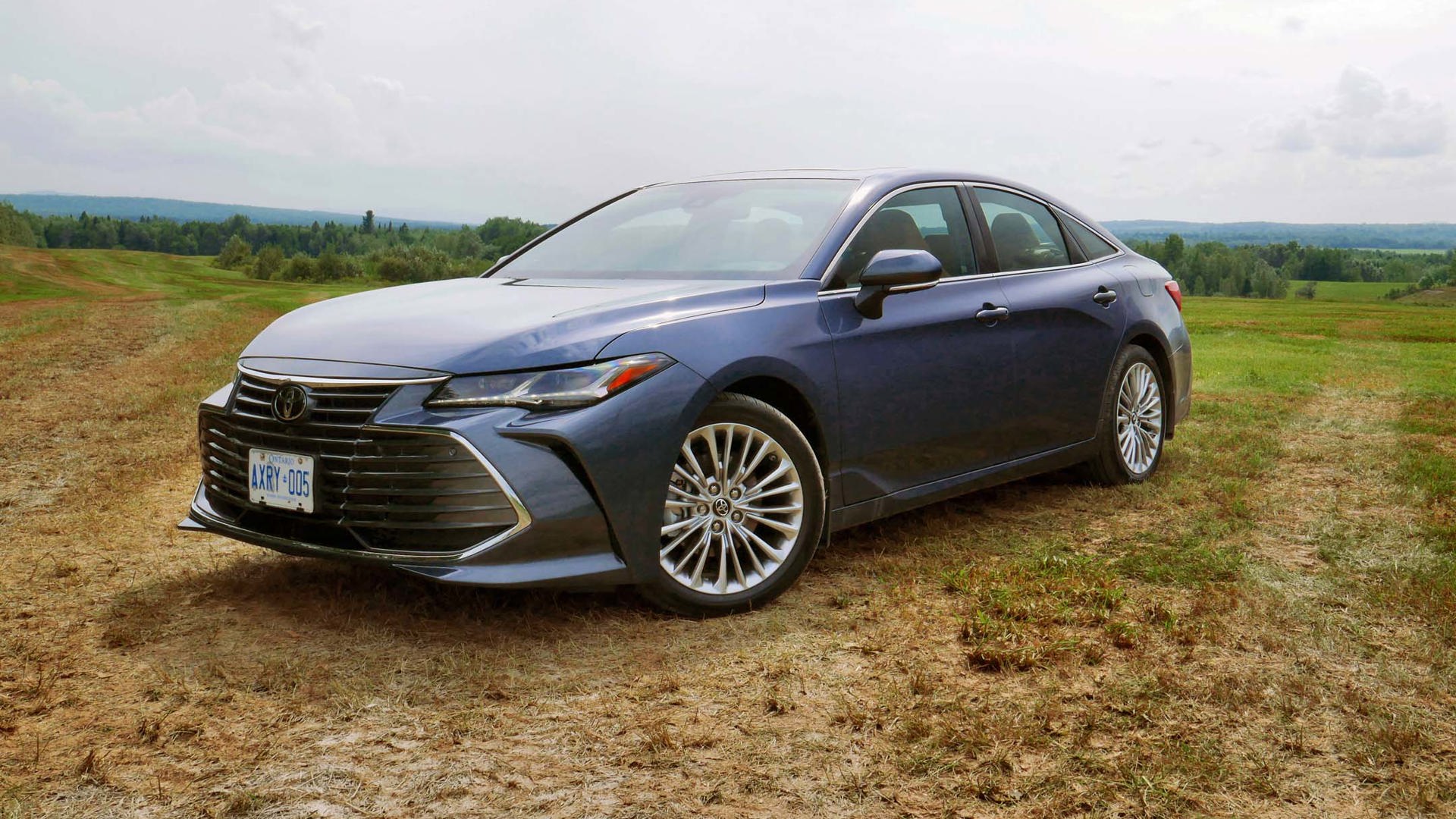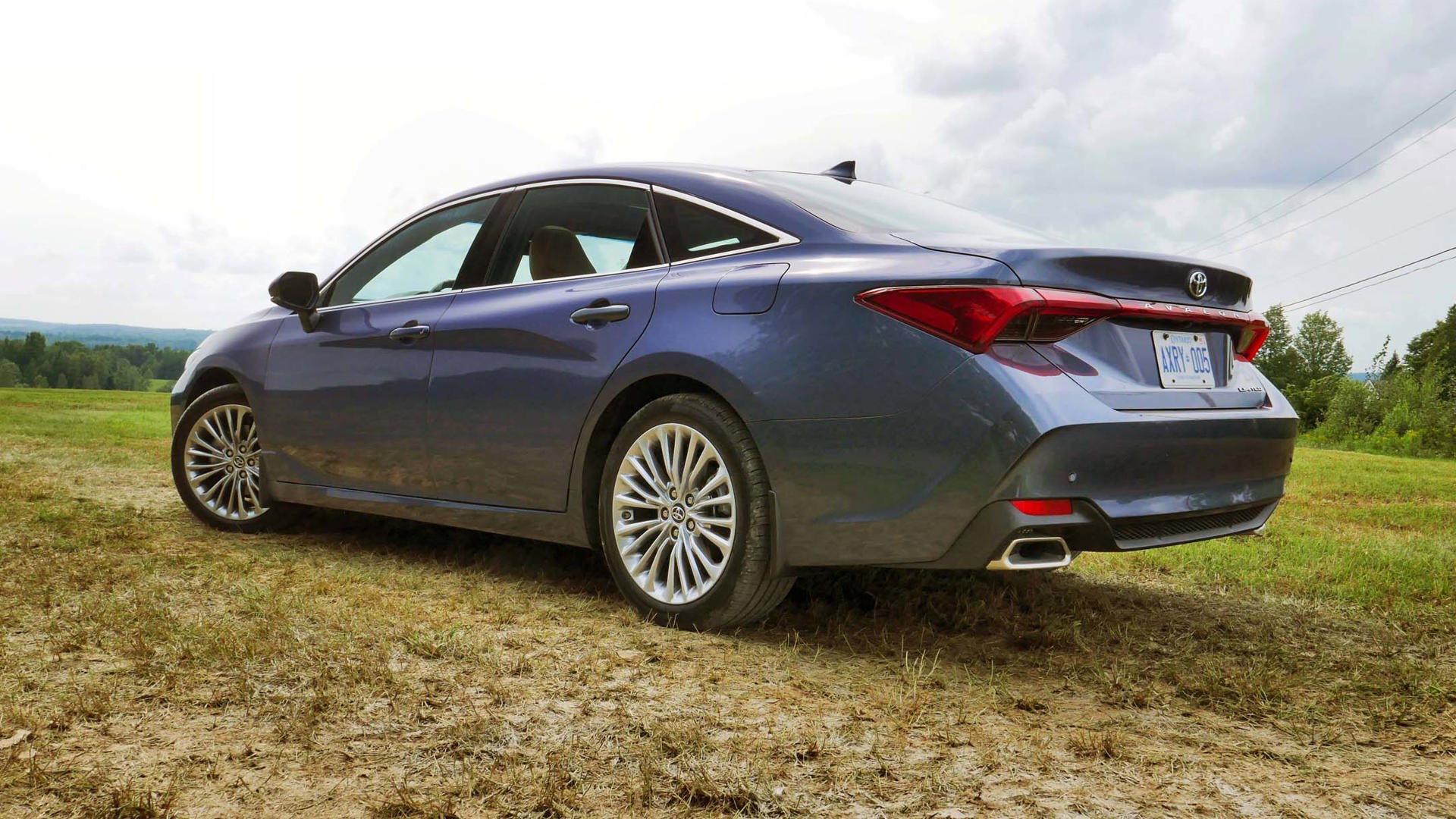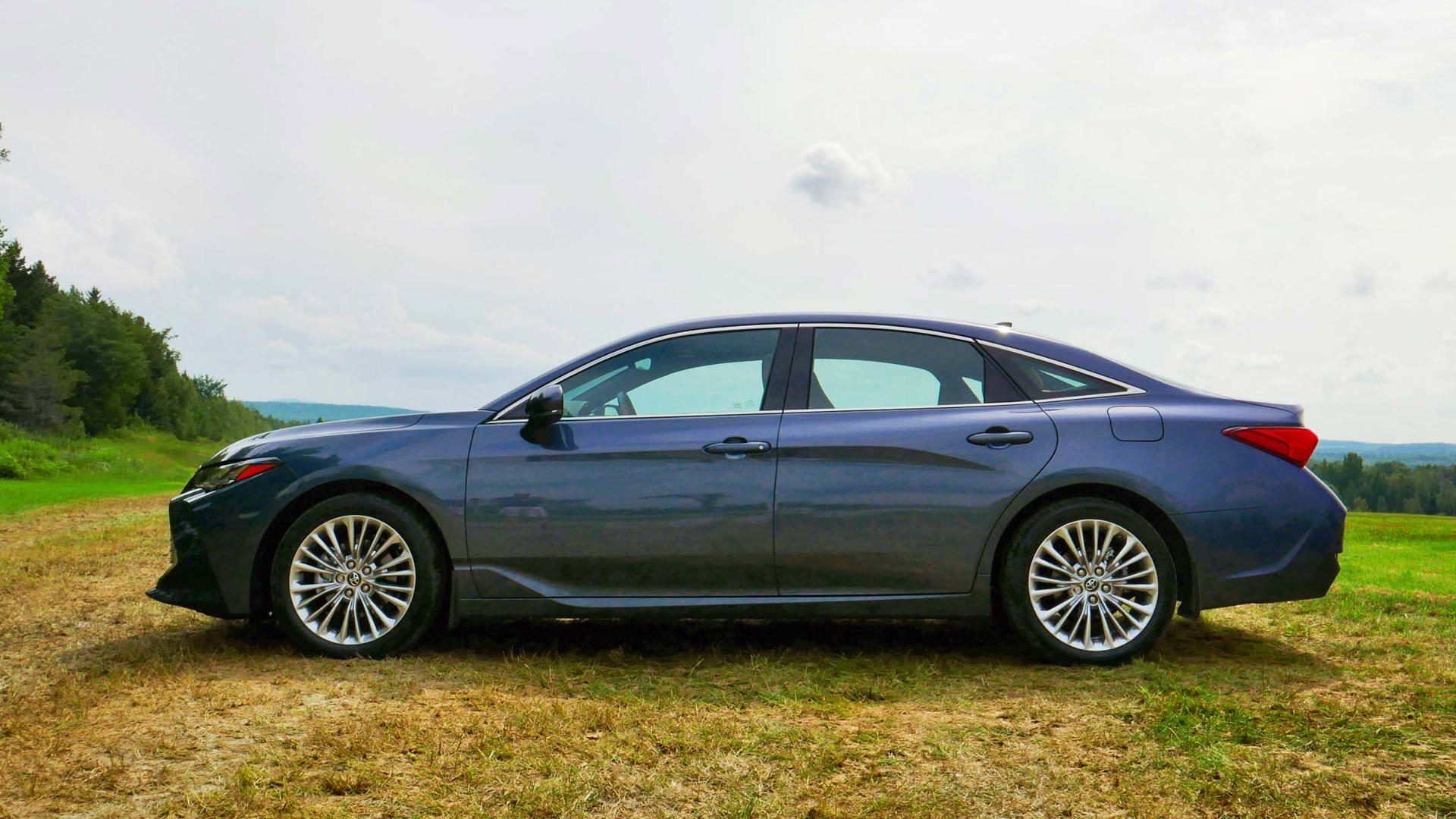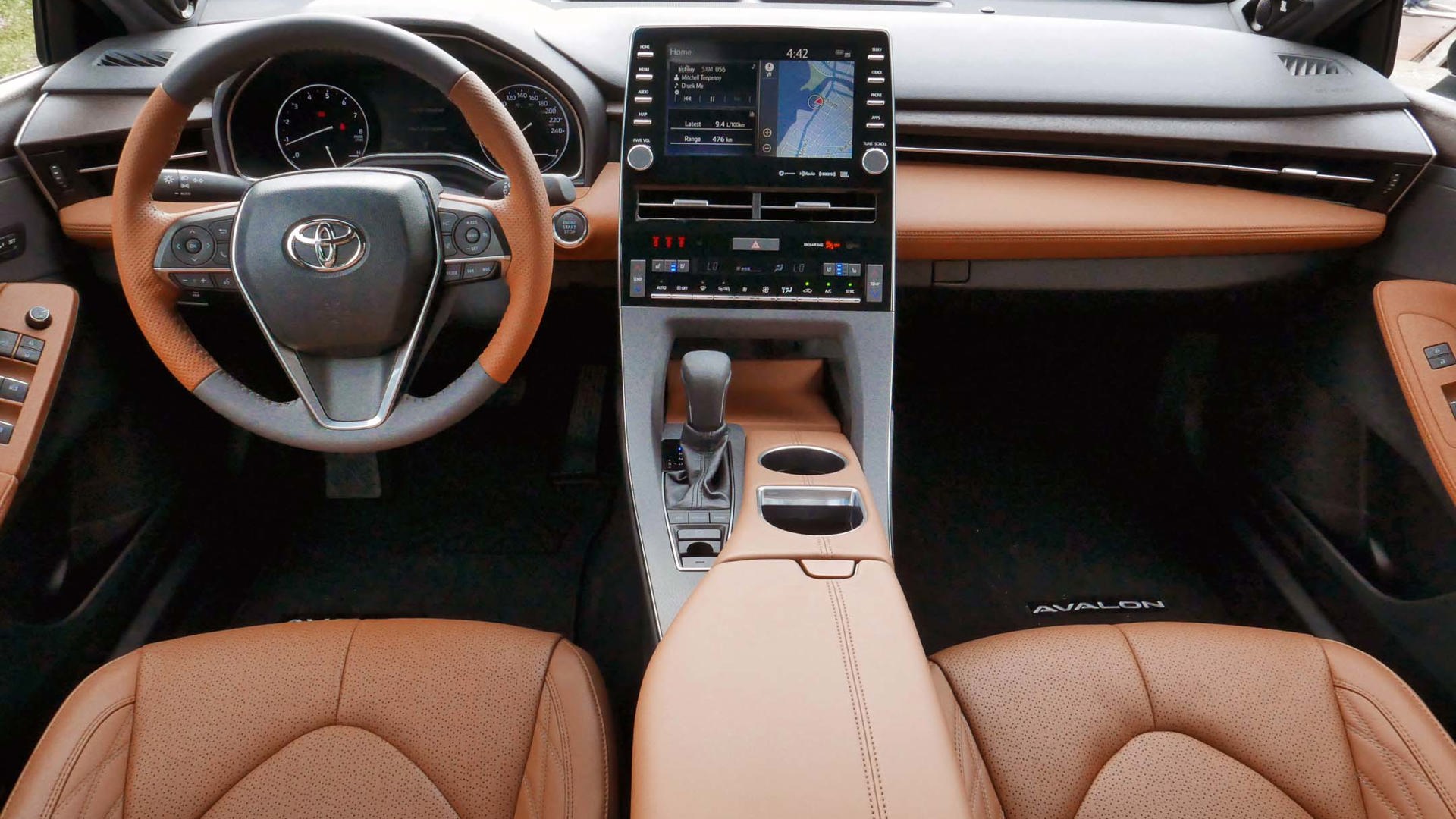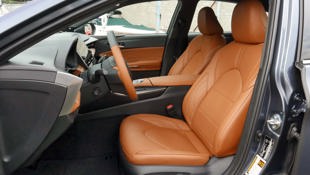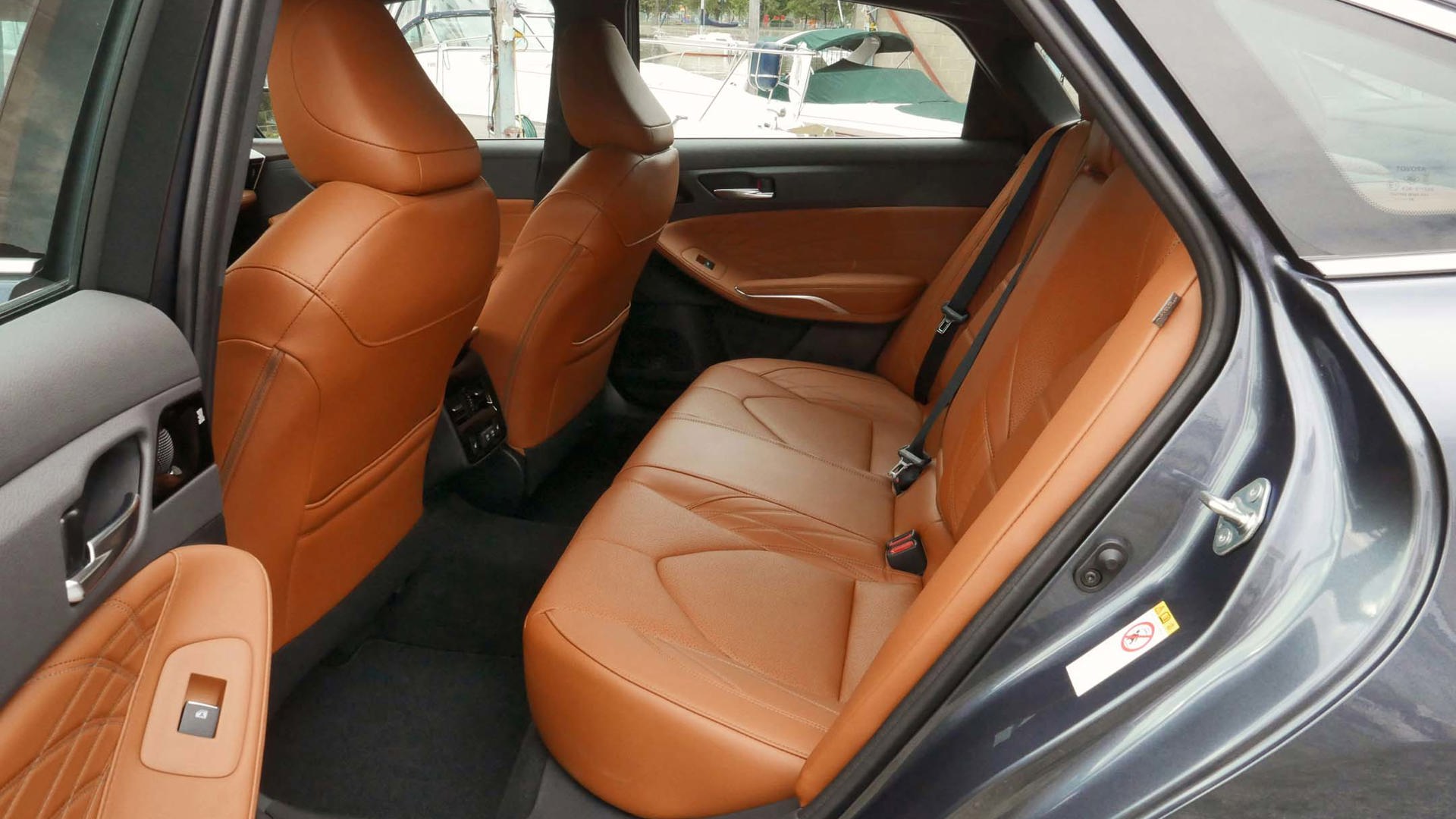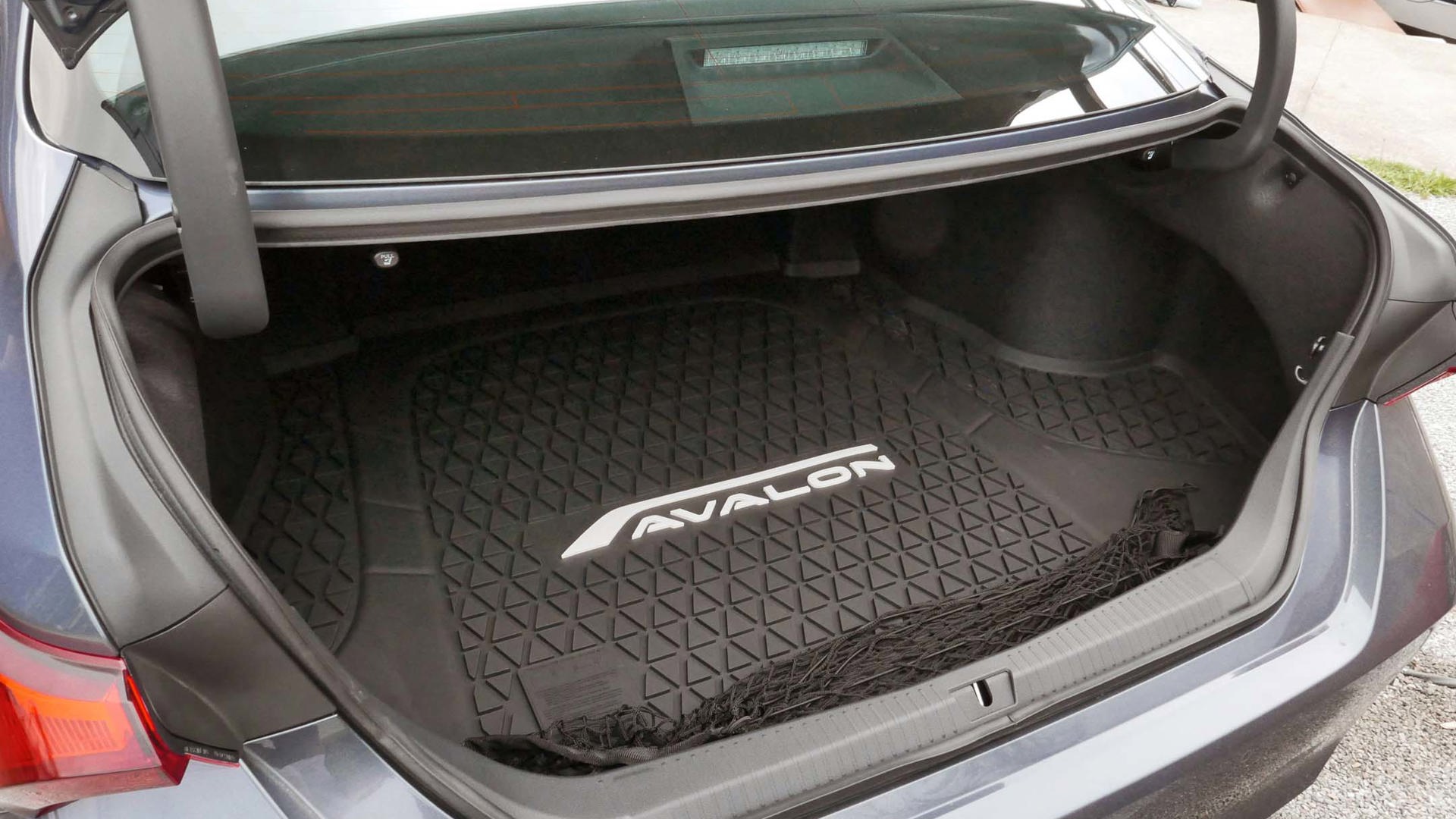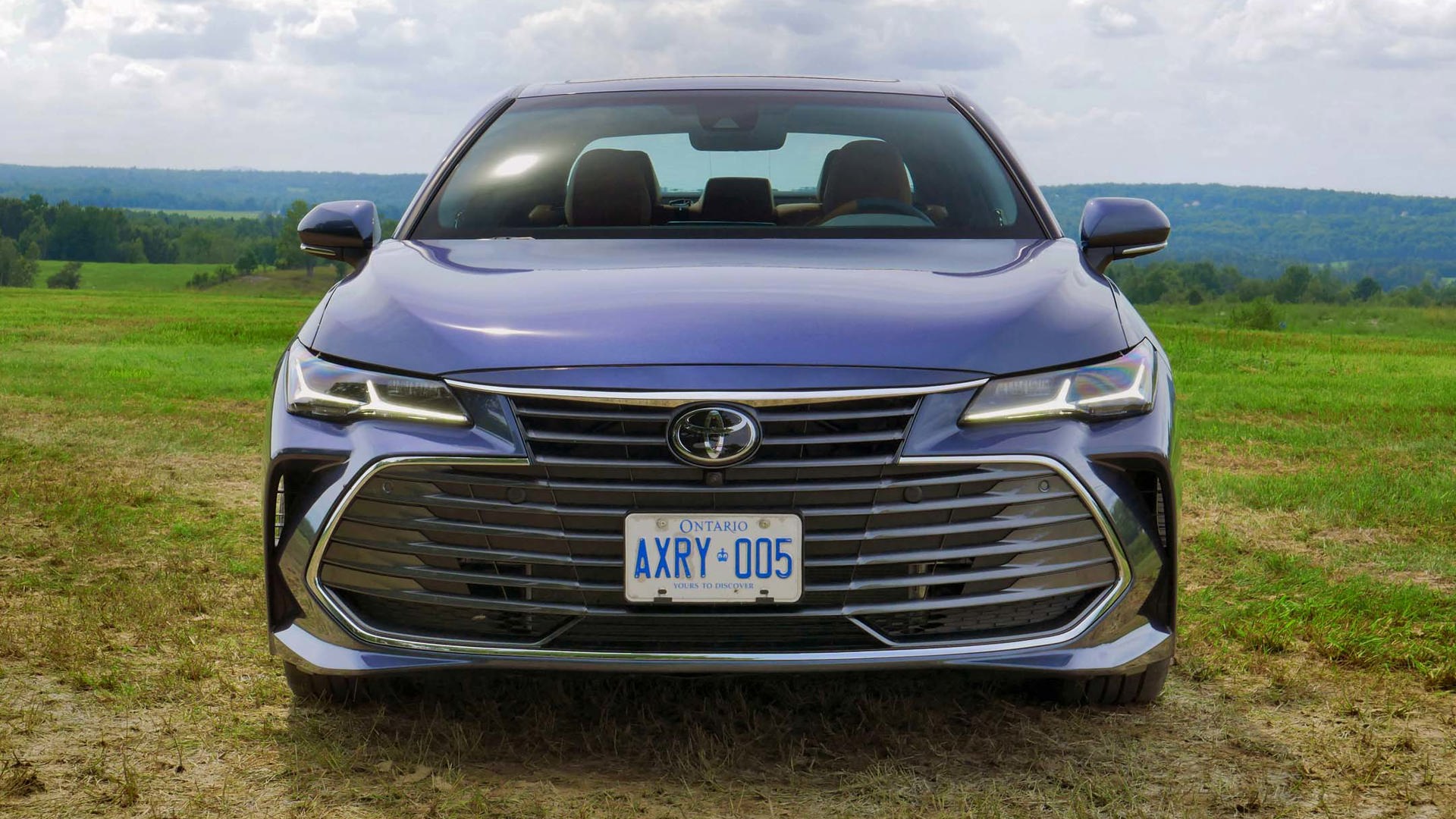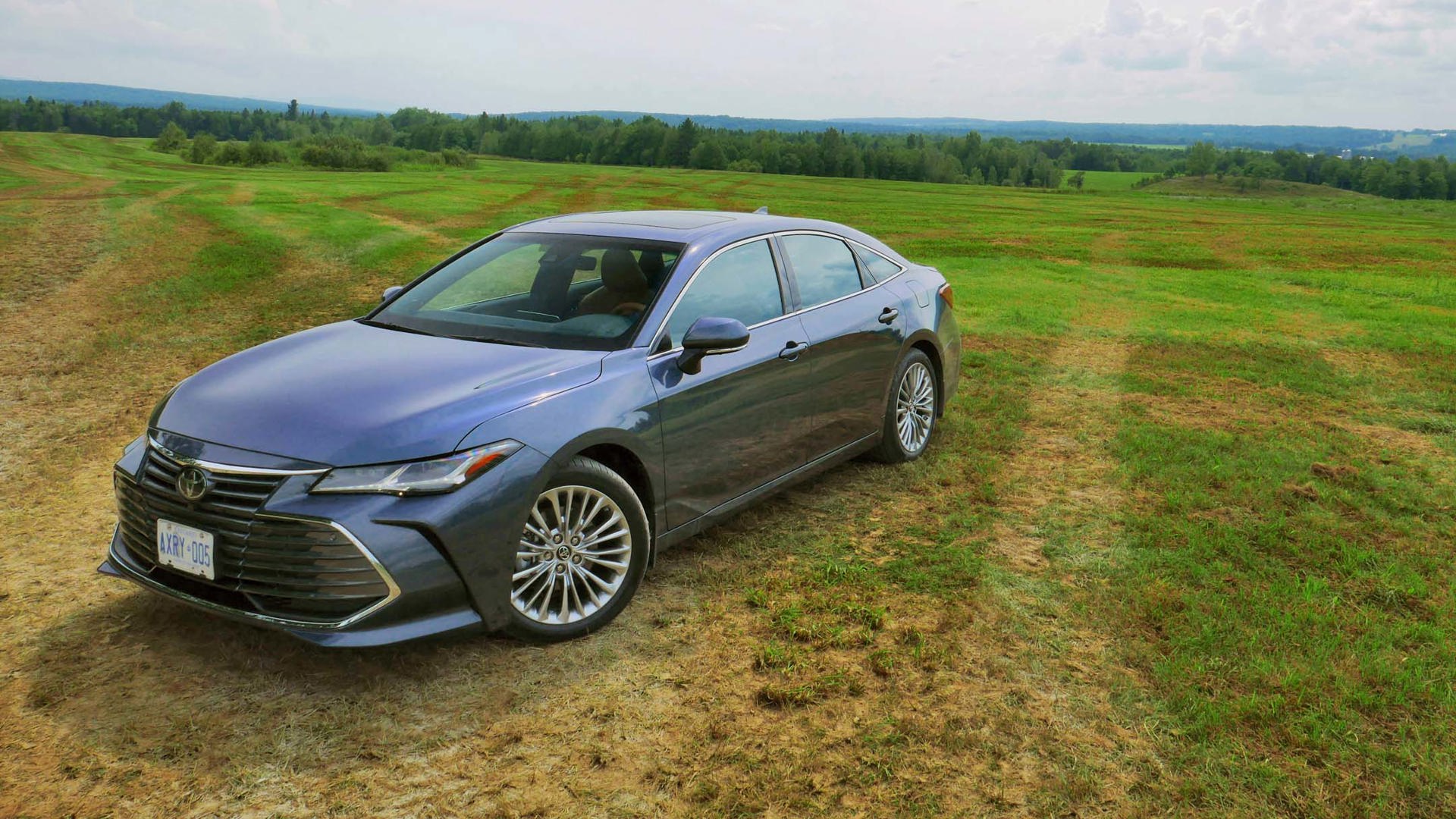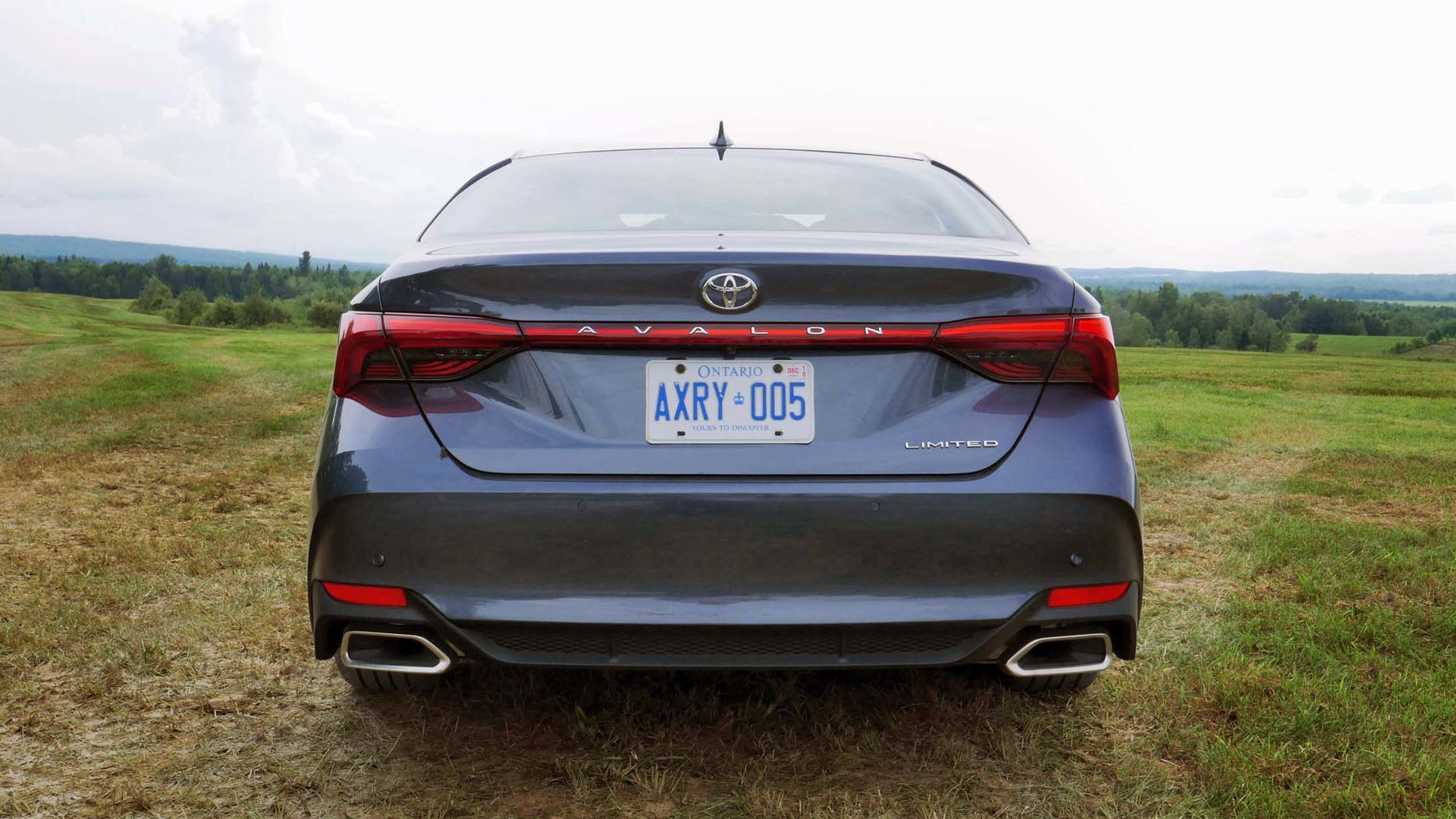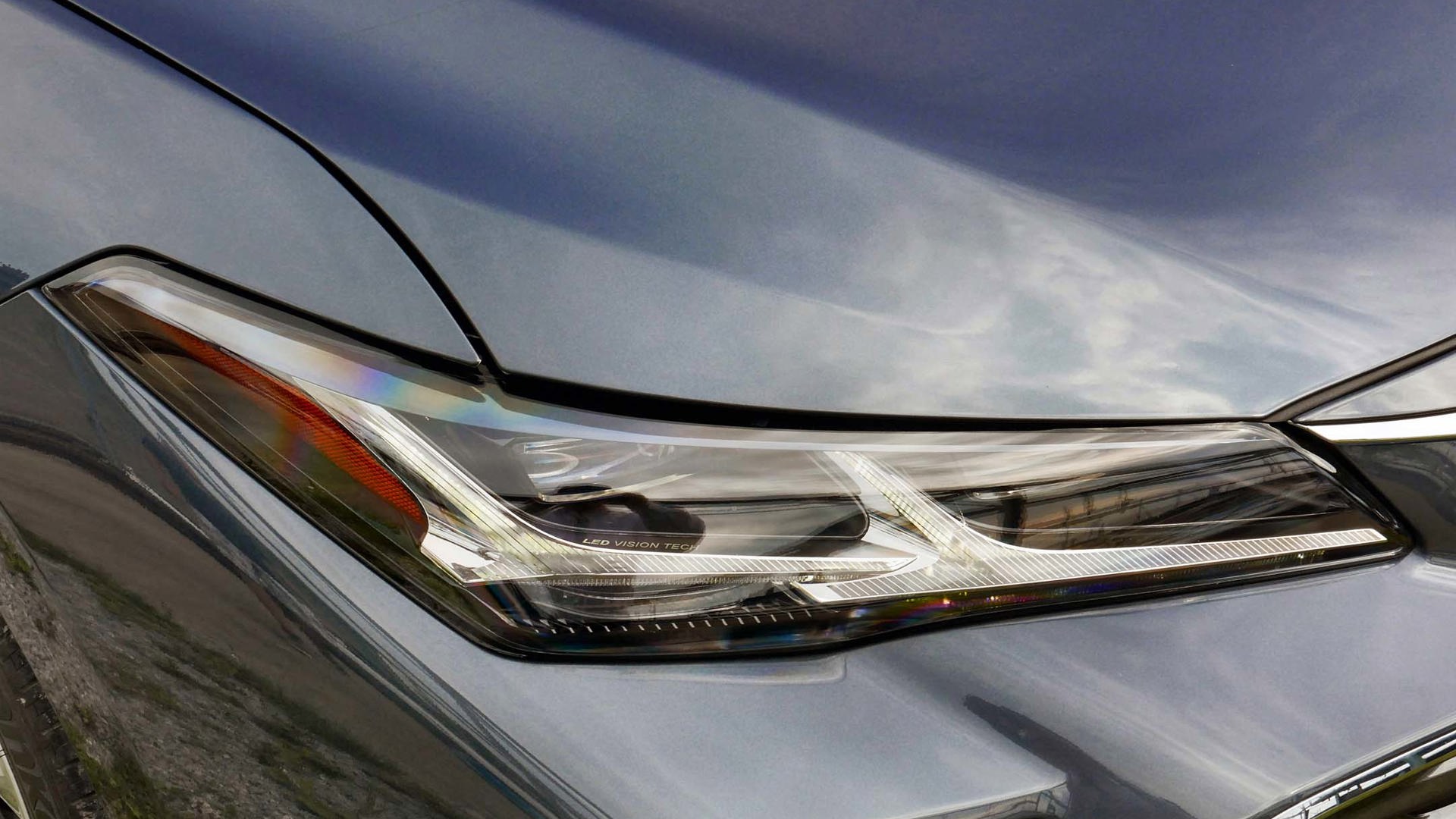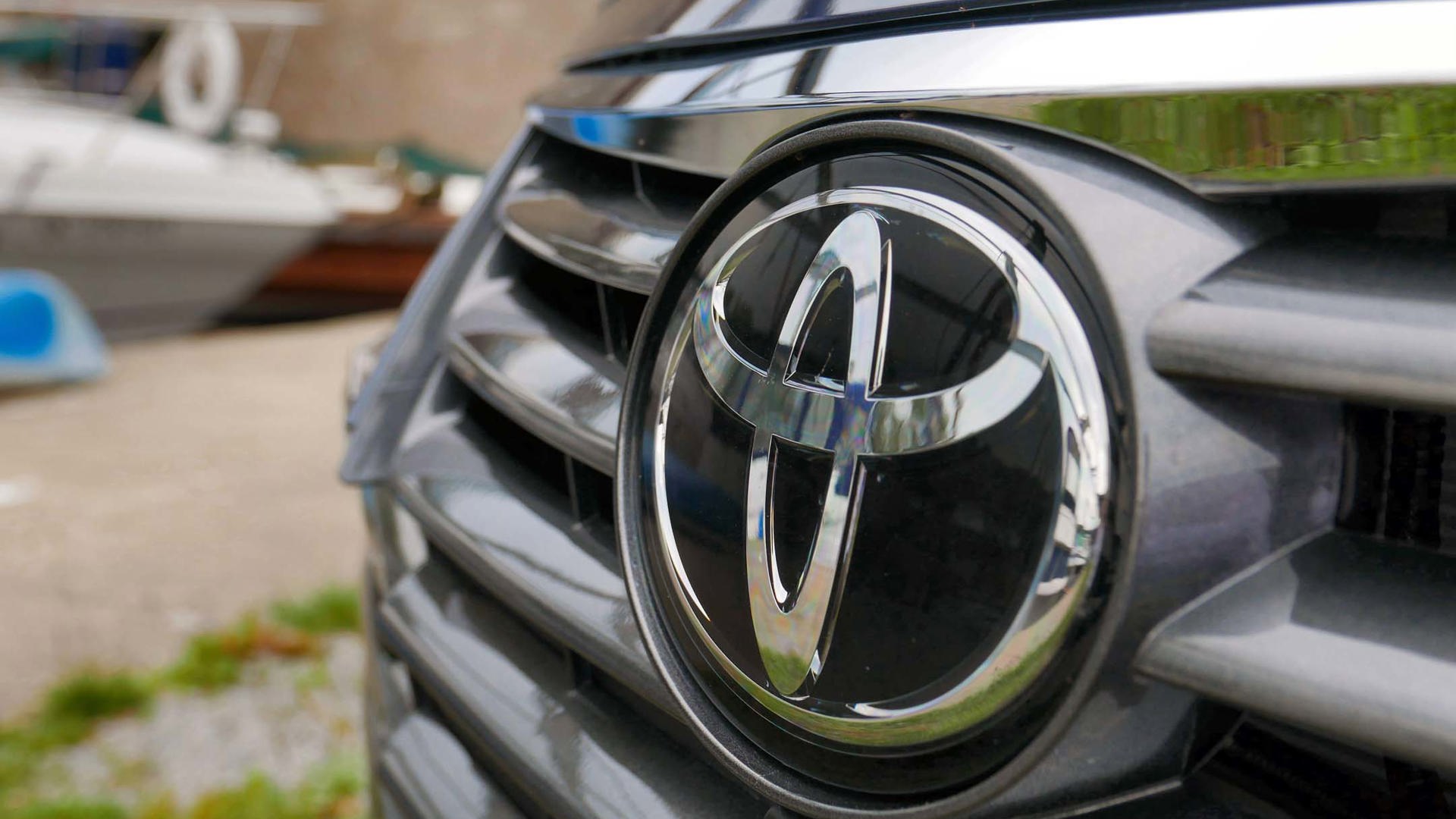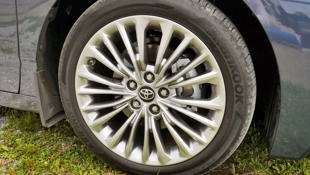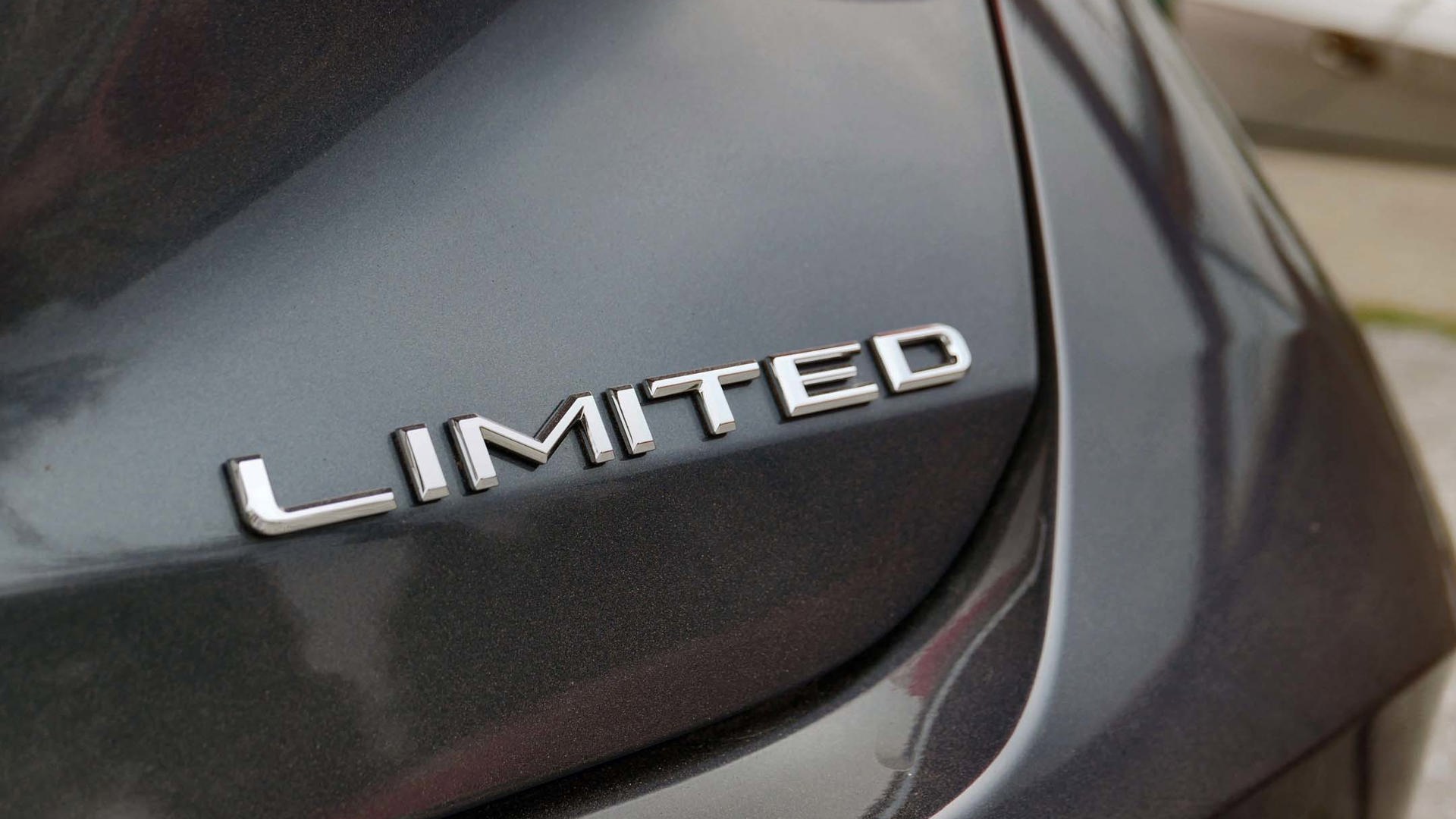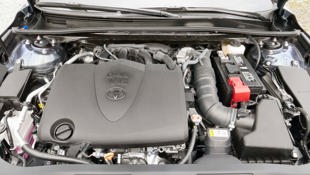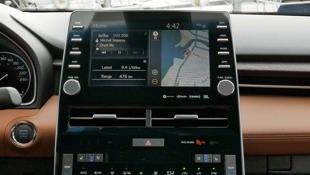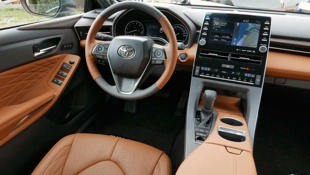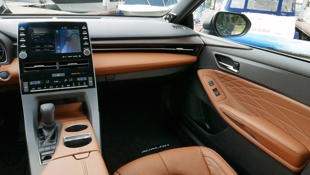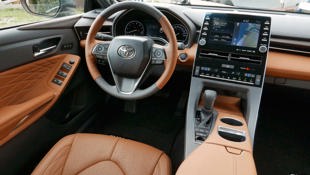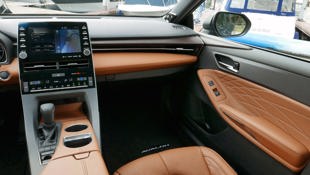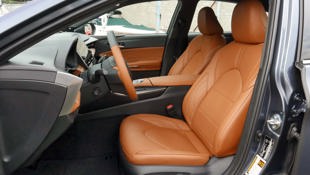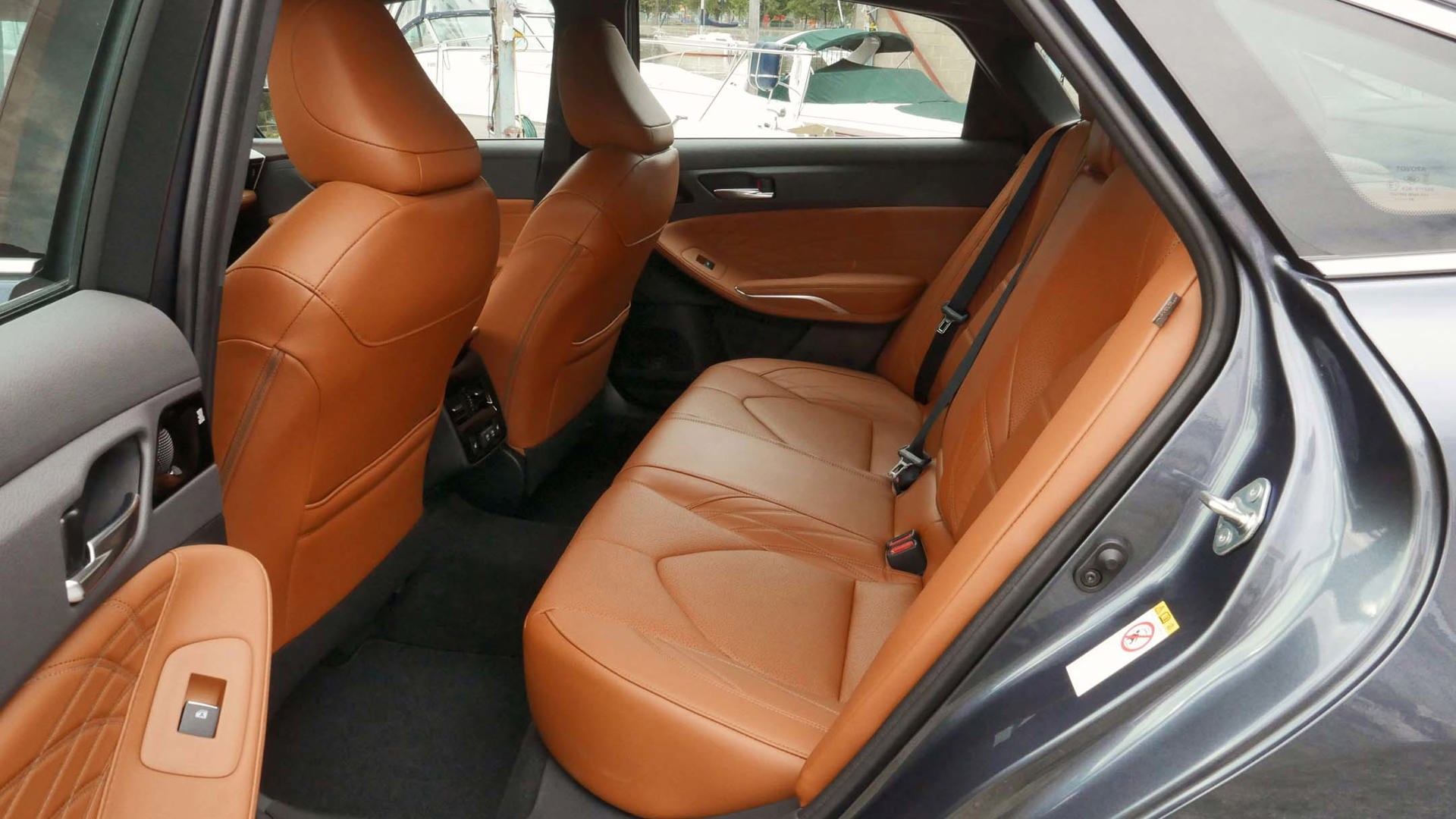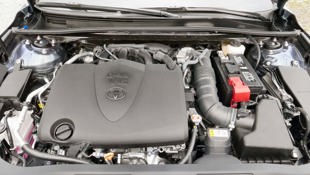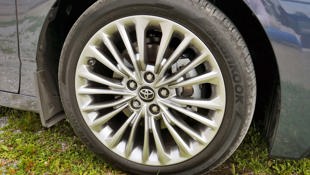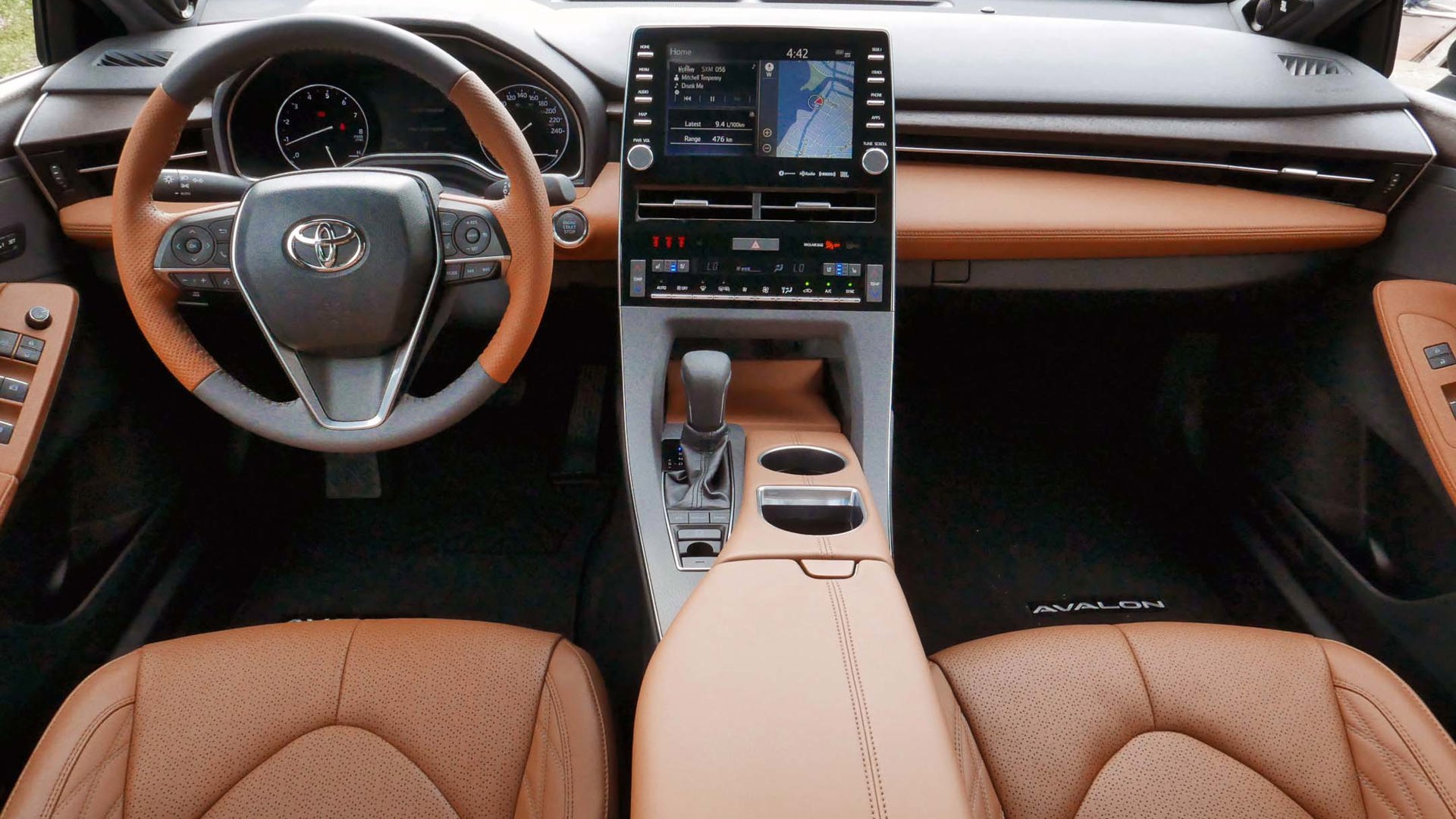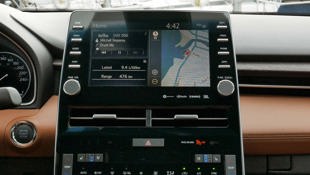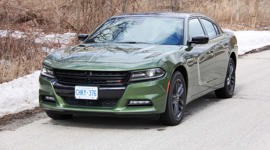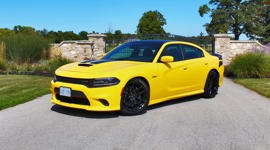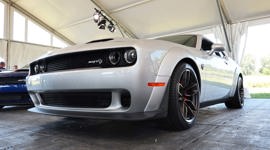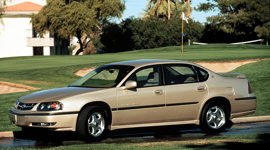The 2019 Toyota Avalon is the most recent example of just how narrow the gap between traditional luxury and the “nicest Toyota you can buy” has become. Whereas it was once necessary to schlep on over to the Lexus lot to experience top-tier features and creature comforts, the Avalon’s flagship sedan status has guaranteed it access to nigh-on identical tech, build quality, and power – and at a much lower price.
The Avalon’s interior is well-appointed with the kind of materials and fabrics that would shame the entry-level editions of a number of German premium marques.
This raises an important question: why build the Avalon to such a high standard, if it runs the risk of sapping sales from its platform-mate, the Lexus ES? The answer, as with all things branding in the automotive world, turns out to be much more complicated than an apples-to-apples comparison might suggest.
Who Is It For?
In fact, why build the Avalon at all? Last year Toyota struggled to sell more than 400 of these full-size cars, due in large part to a market that has increasingly turned its gaze away from sedans and towards crossovers and SUVs – a trend that has particularly sapped the strength of larger four-door automobiles.
Pride is definitely a factor. The Avalon is Toyota’s largest car in Canada, and it’s long been positioned as a bit of a sleeper choice for customers seeking a combination of comfort, reliability, and near-anonymity out on the road. In recent years, however, the company’s stylists have thrown caution to the wind and built a striking beige superstar out of the Avalon’s once-fuddy duds, matching it with an interior makeover that’s surprisingly sophisticated for a model whose demographic is often more traditional and conservative.
Bigger and Better
For 2019, the Avalon continues on its all-in path towards excellence. Larger in almost every dimension than the vehicle it replaces, the sedan also rides lower and features a version of the TNGA platform that is slowly working its way throughout the entire Toyota line-up. The boost in size helps dispel previous associations with the mid-size Camry, carving out a more unique identity for the Avalon than in years past.
The extra two inches in wheelbase translate into an even more plush cabin, especially for those riding in the rear. In addition to being exceptionally quiet at speed, the Avalon’s interior is well-appointed with the kind of materials and fabrics that would shame the entry-level editions of a number of German premium marques. A further one-up over Lexus is the avoidance of the terrible-to-operate Remote Touch infotainment system in favour of the simpler Entune interface, which, while not exactly pretty, gets right to the point.
More Power, Too
In the engine bay, the Avalon continues to stick with what’s worked, which means a 3.5-litre V6 that’s good for a boosted 301 horsepower (compared to 268 the year before) and 267 lb-ft of torque, matched with an eight-speed automatic transmission. Toyota also builds a Hybrid model, whose 215 horsepower and roughly 5.5 L/100 km in combined driving make it the efficient choice – but it isn’t available in Canada.
Out on the road I was only able to sample the V6, and it’s clear that the motor has more than enough oomph to handle any driving situation that the average Toyota Avalon driver is likely to encounter. You can even break the front wheels free from its asphalt shackles, should the urge strike you, and no doubt impress everyone around you with your anti-social outburst – just before they mutter under their breath, confused, “Was that a Toyota?”
The Stealth Option
The combination of V6 and four-cylinder hybrid also happen to be the exact same drivetrain options you’ll find with the Avalon’s Lexus ES sibling – which brings us round again to the “which one to buy” conundrum.
If one were to go by price, then the Avalon’s $42,790 MSRP gives it nearly a $5K advantage over the ES – at least in base form. Move up to the Limited trim ($47,790), however, and the gap between it and the ES Premium is cut nearly in half, despite their almost perfect match for power, features, and size.
If we instead focus on brand perception rather than value, then it’s clear that the Avalon – despite its outré-styling – once again disappears into the background. This is a vehicle that’s nowhere near being on the radar of anyone courting the kind of badge-focussed buyers that flock to Lexus showrooms, to the point where it might as well not exist. Pull up in a Lexus, and at least a few in any given crowd will catch your vibe. Idle your Avalon at the valet station, and someone will likely come around to the driver’s door to see if you need help making it from the car to the curb.
And yet, the lack of cachet associated with the 2019 Toyota Avalon is a currency all its own. Here is a sedan that is the automotive equivalent of a secret handshake, a subtle signal to everyone around you that yes, you’ve heard of Lexus, but no, you don’t care.
It’s inconspicuous-conspicuous consumption at a level so meta I wouldn’t be surprised if Toyota has hidden a little “L” logo Easter egg somewhere in the car.
Of the two, it’s also the one I’d buy, if it were my money.
Pricing: 2019 Toyota Avalon
Avalon XSE: $42,790
Avalon Limited: $47,790
